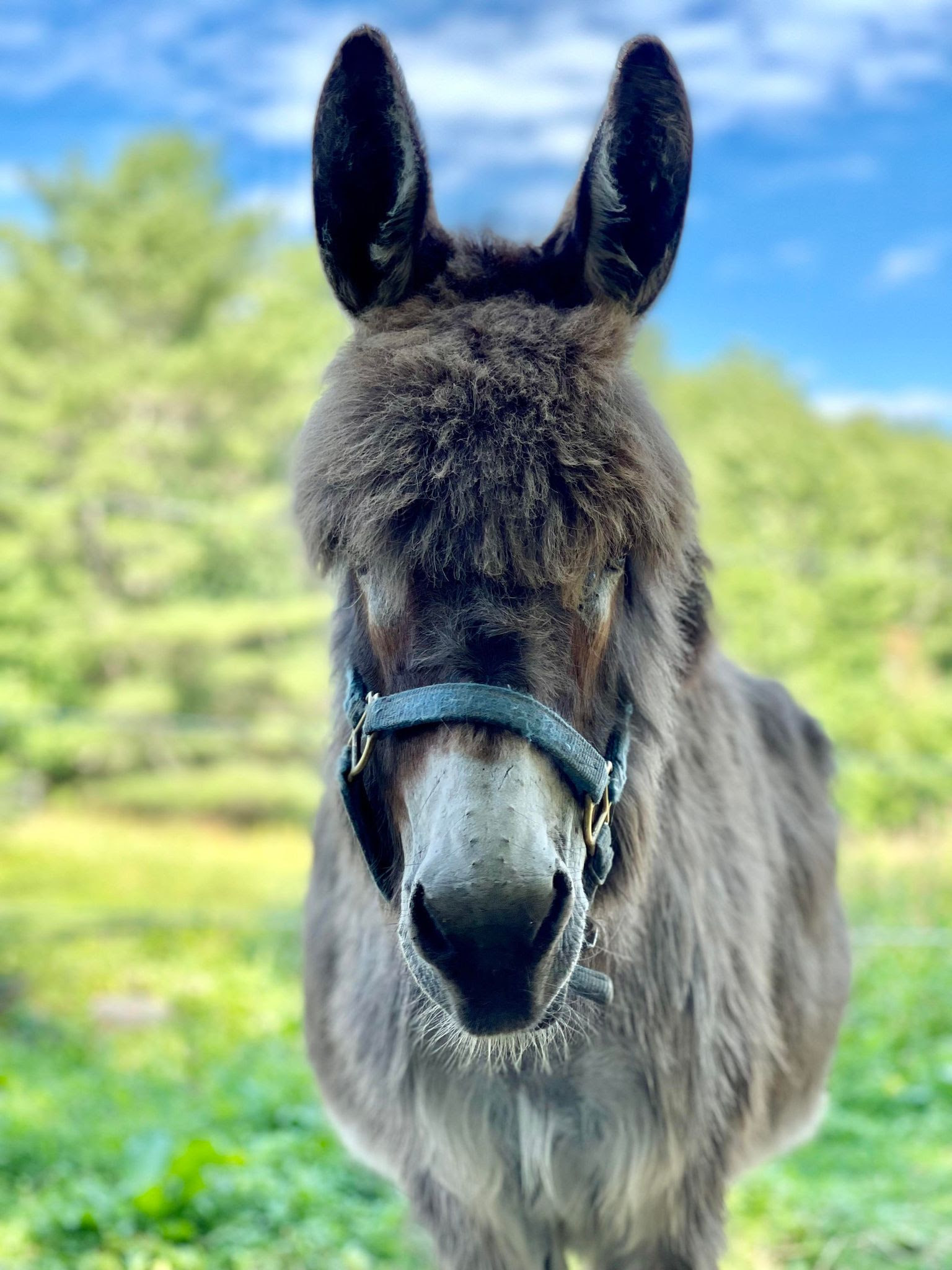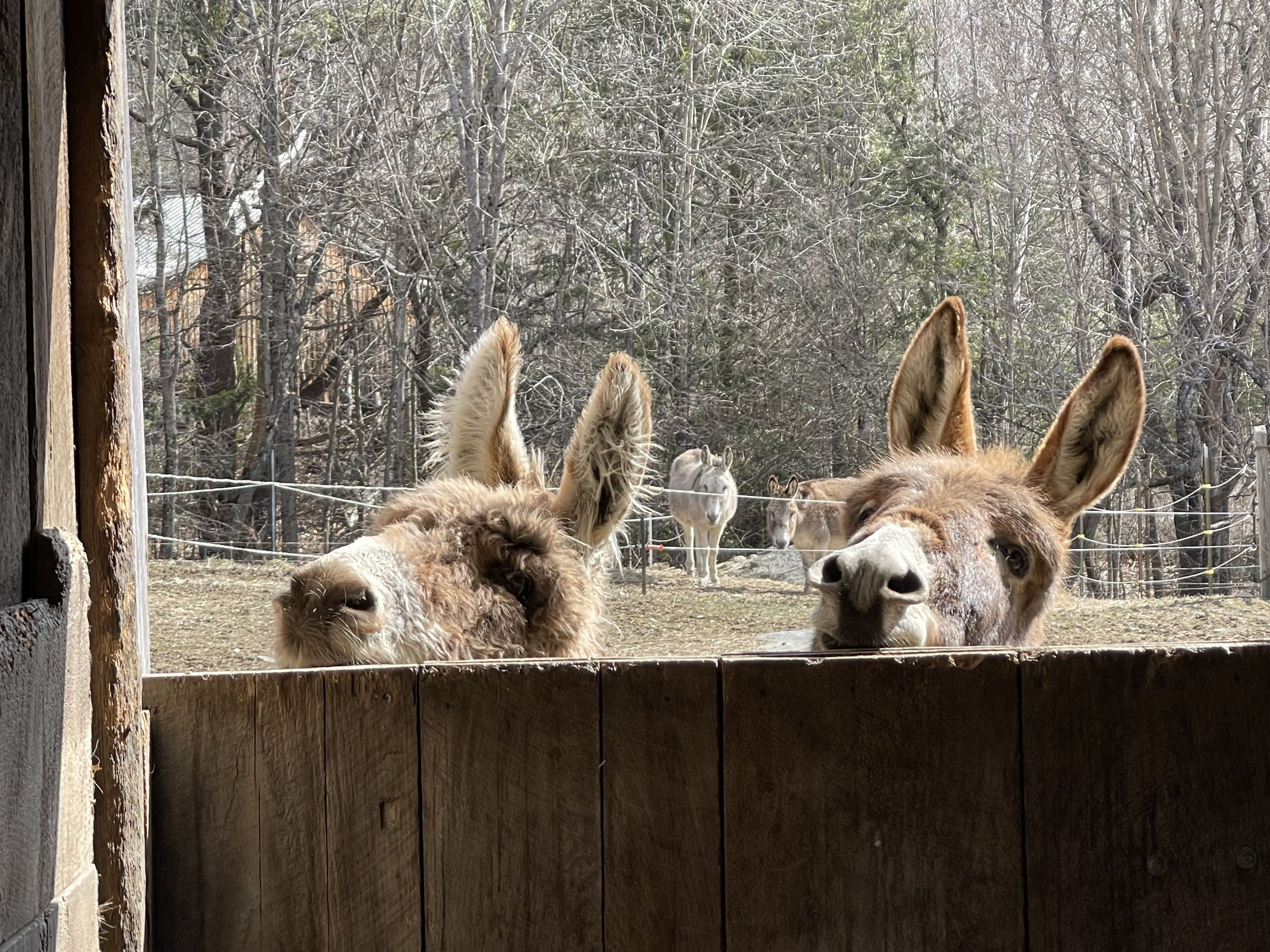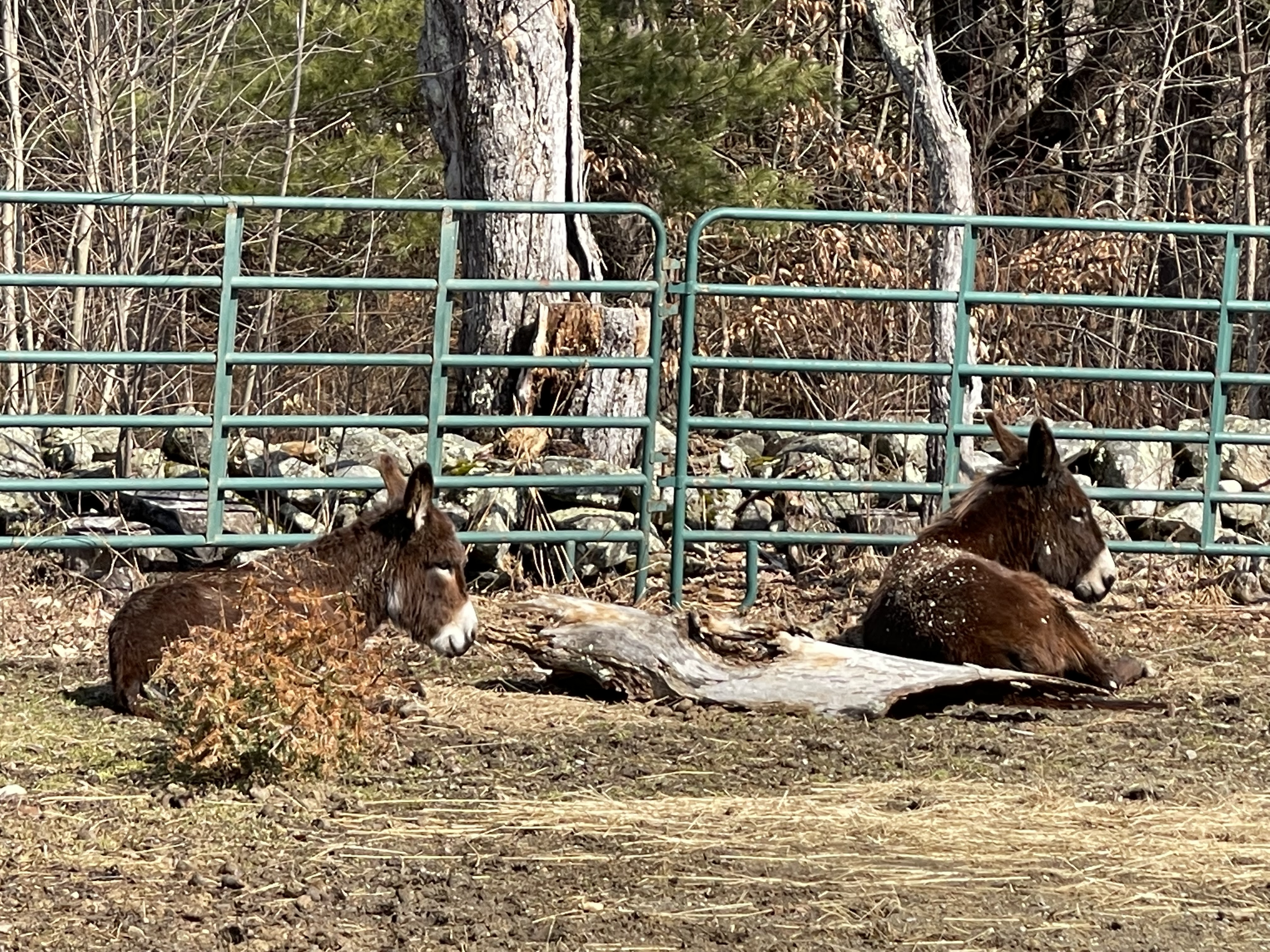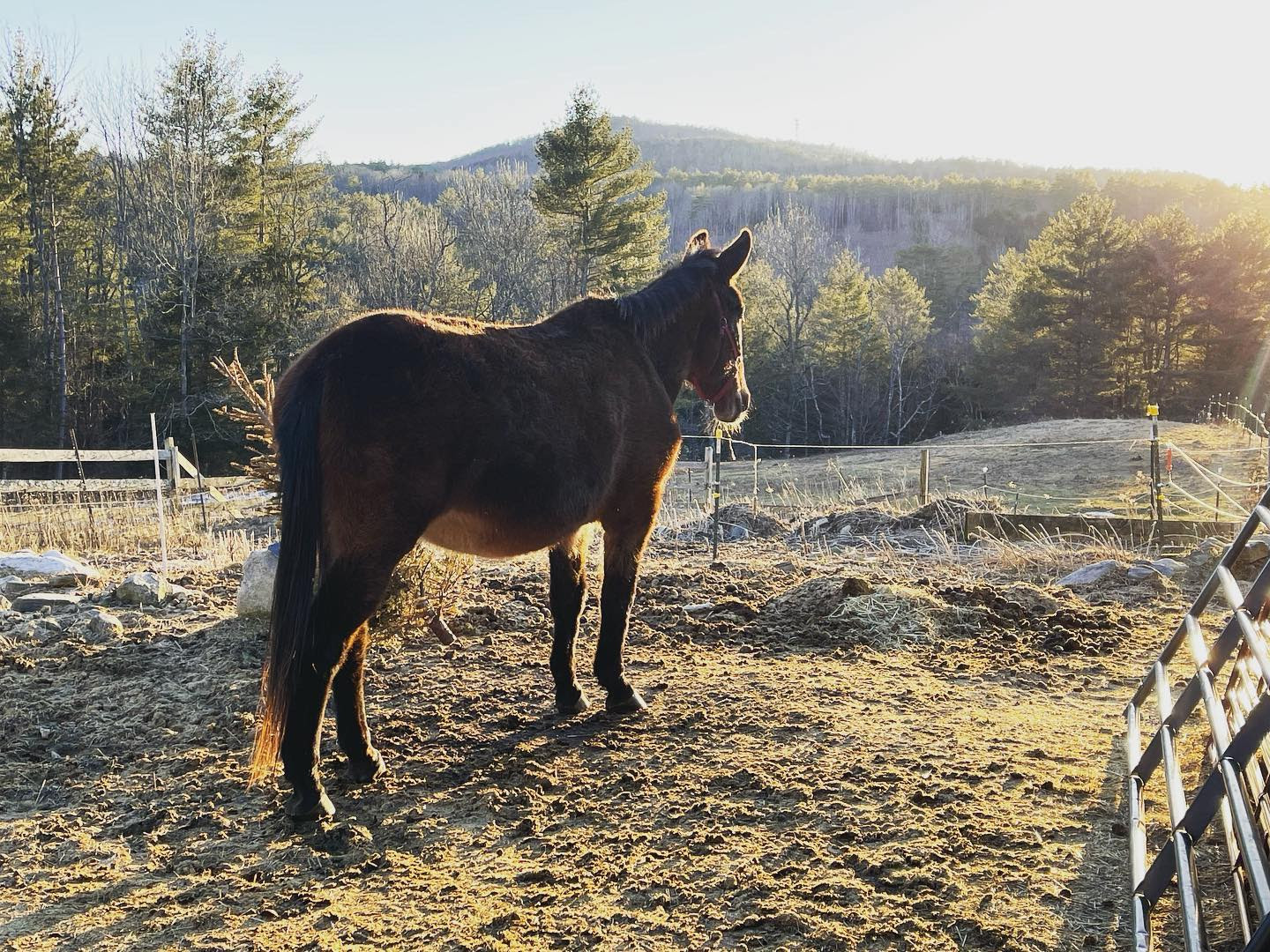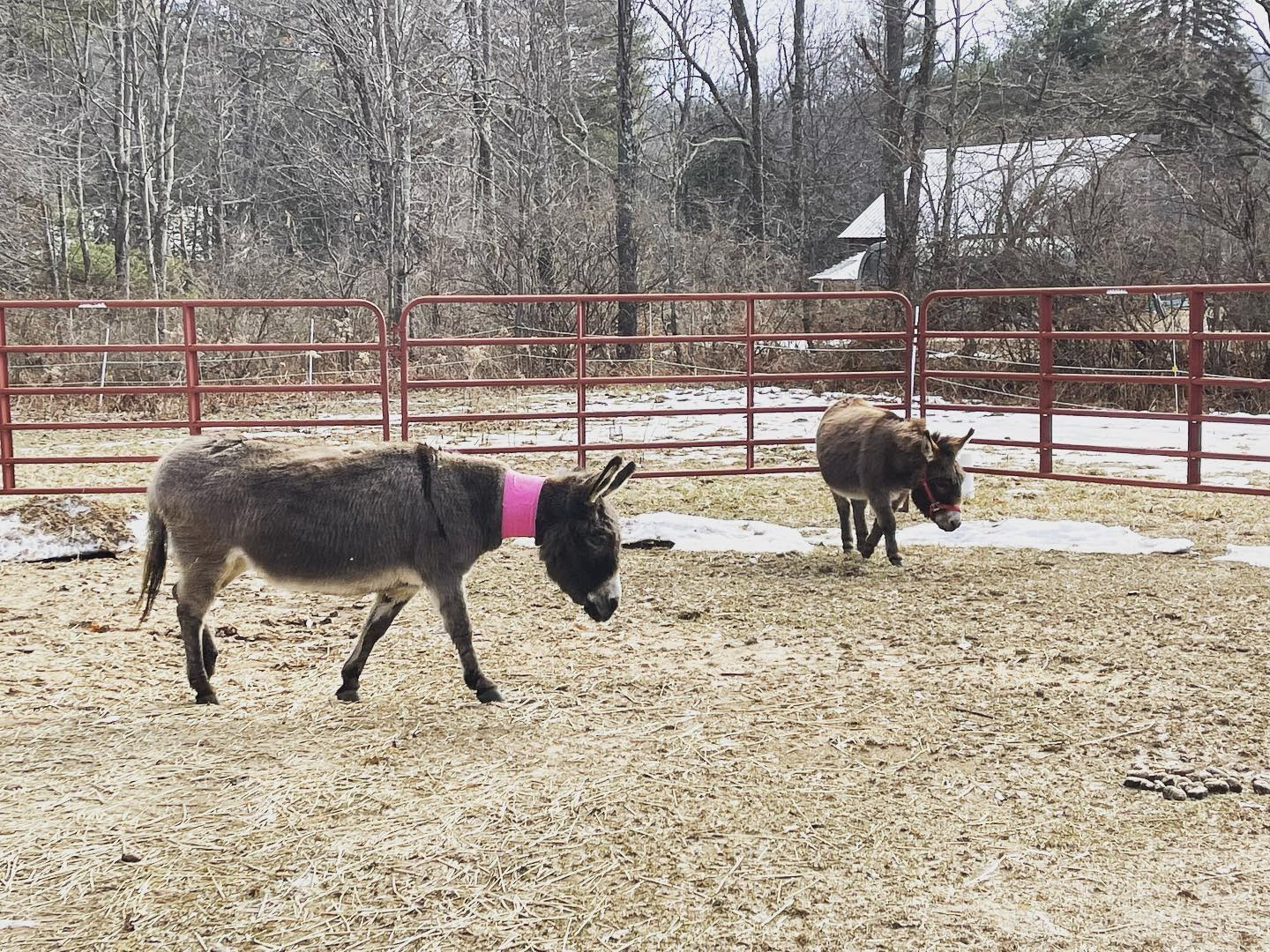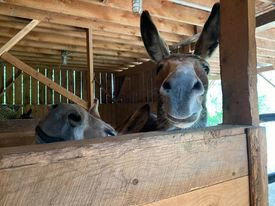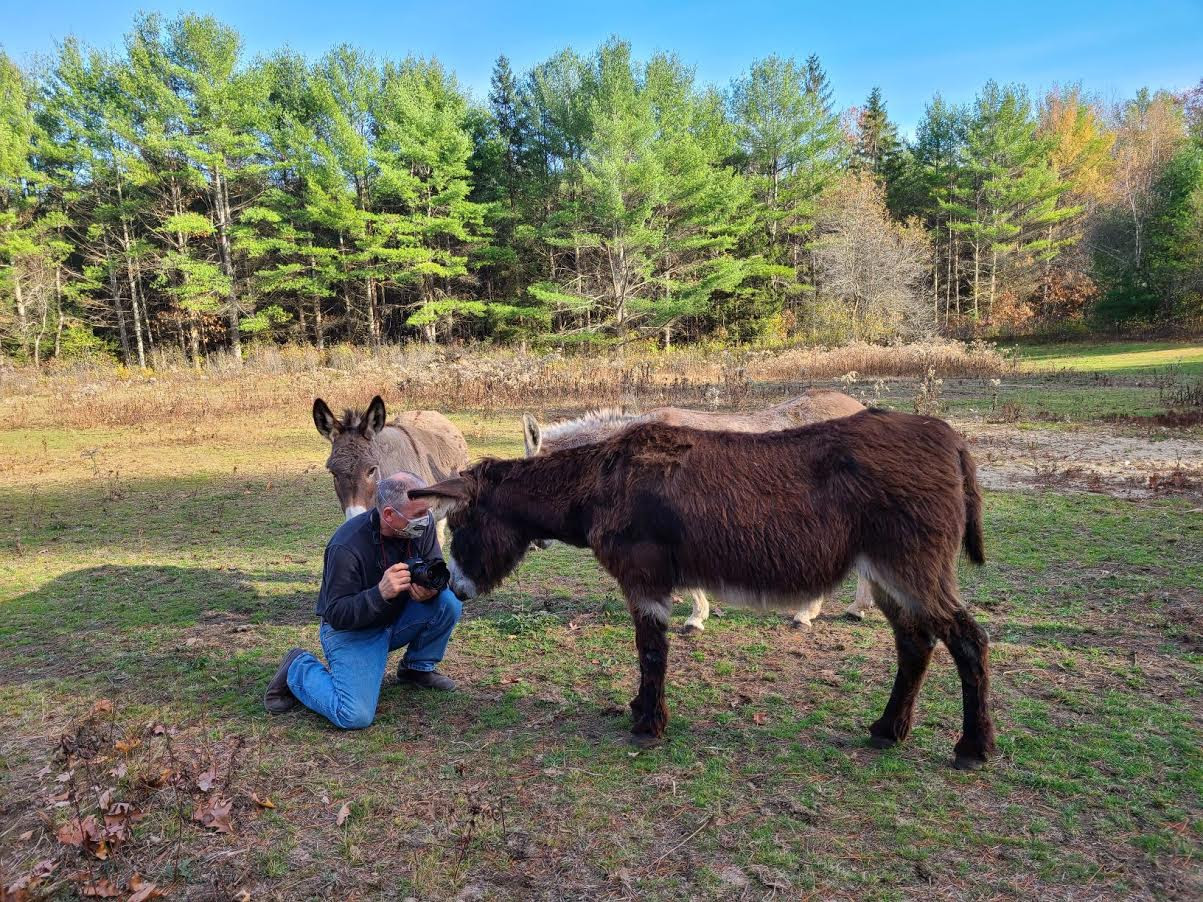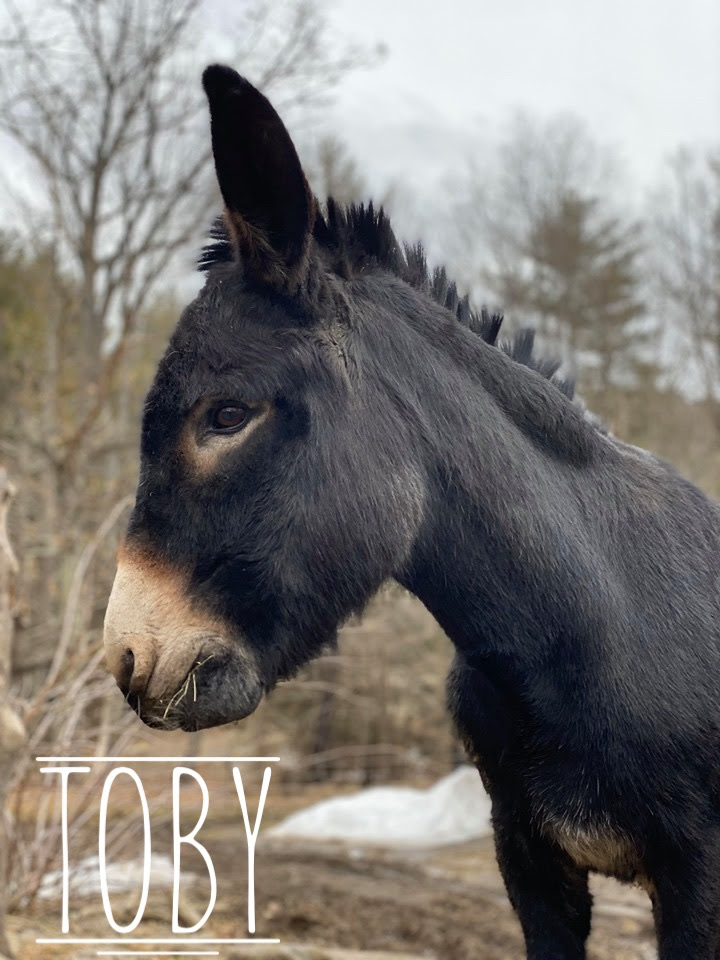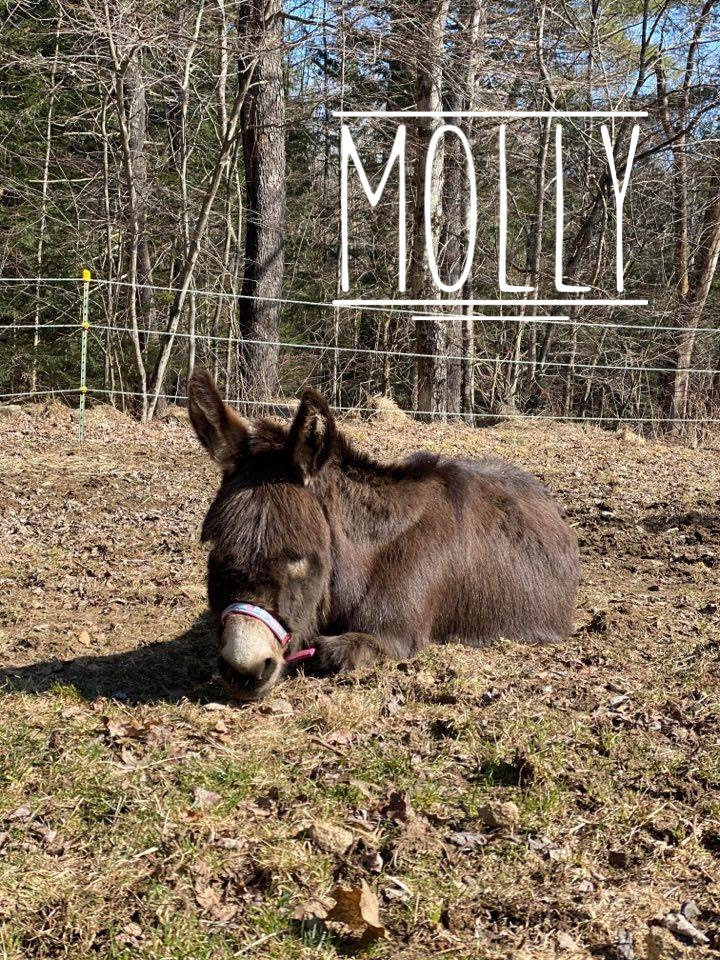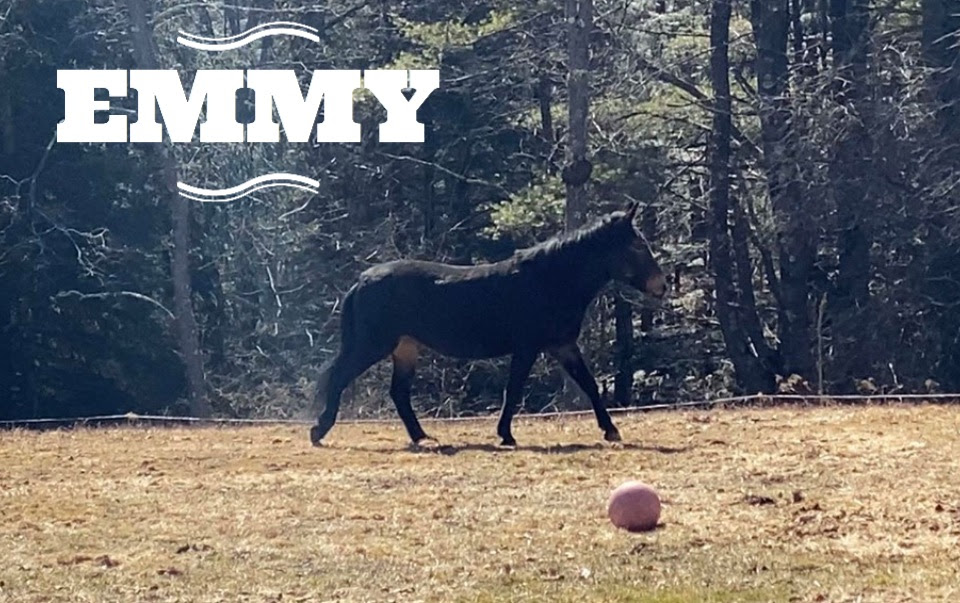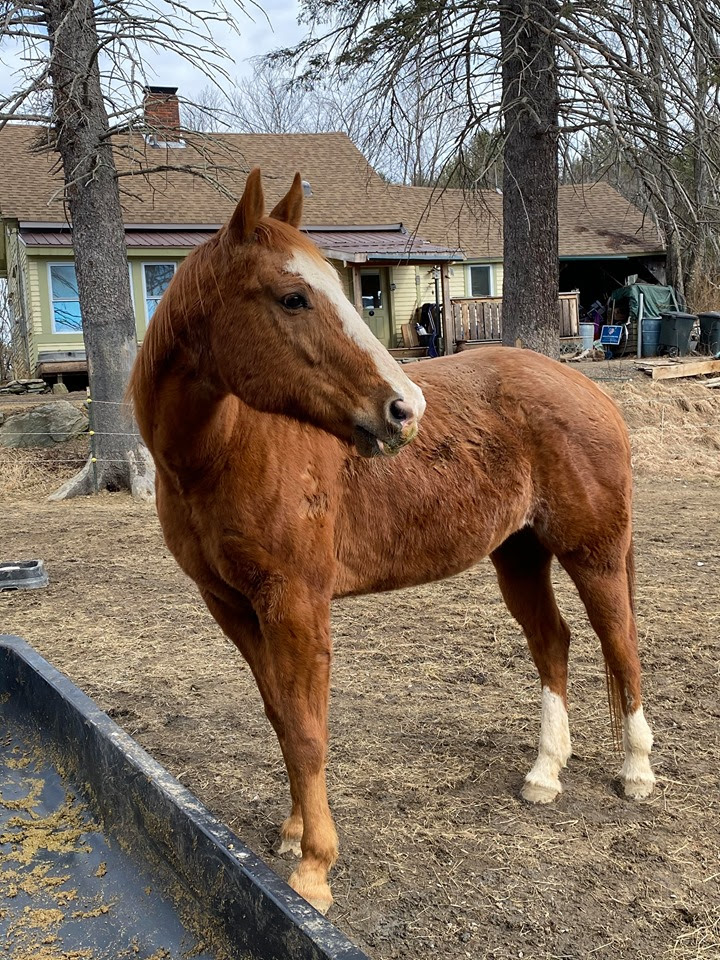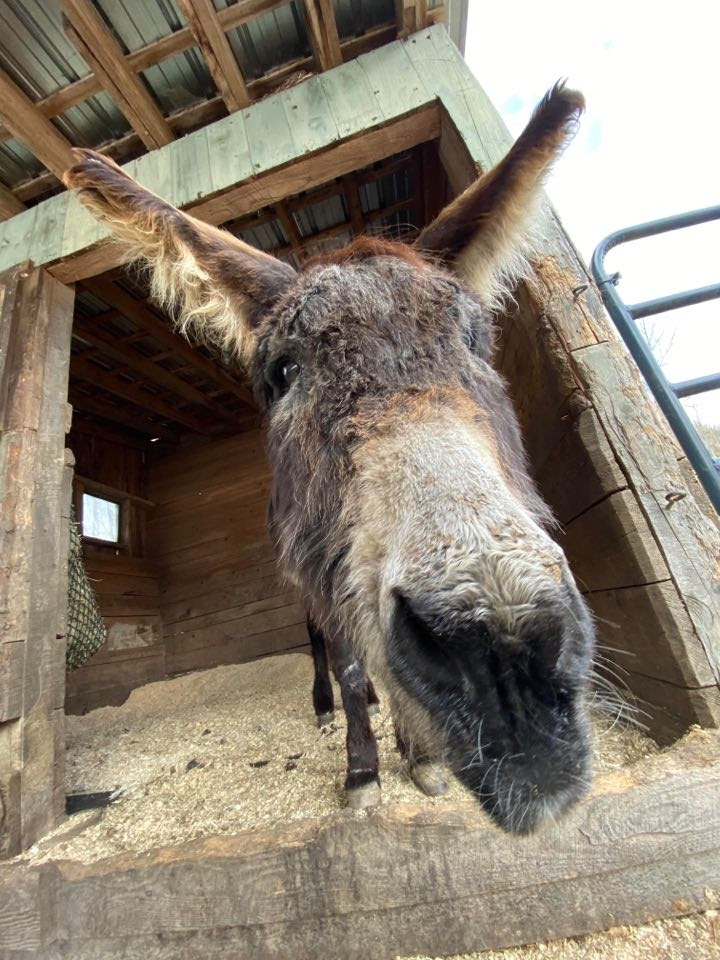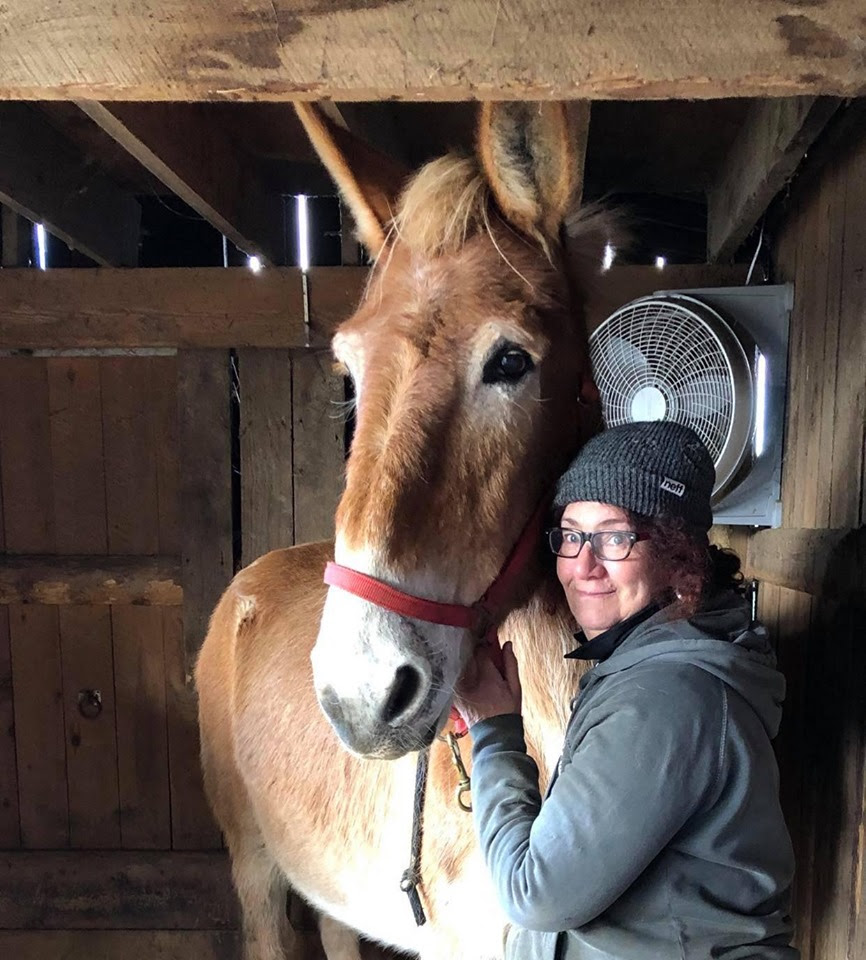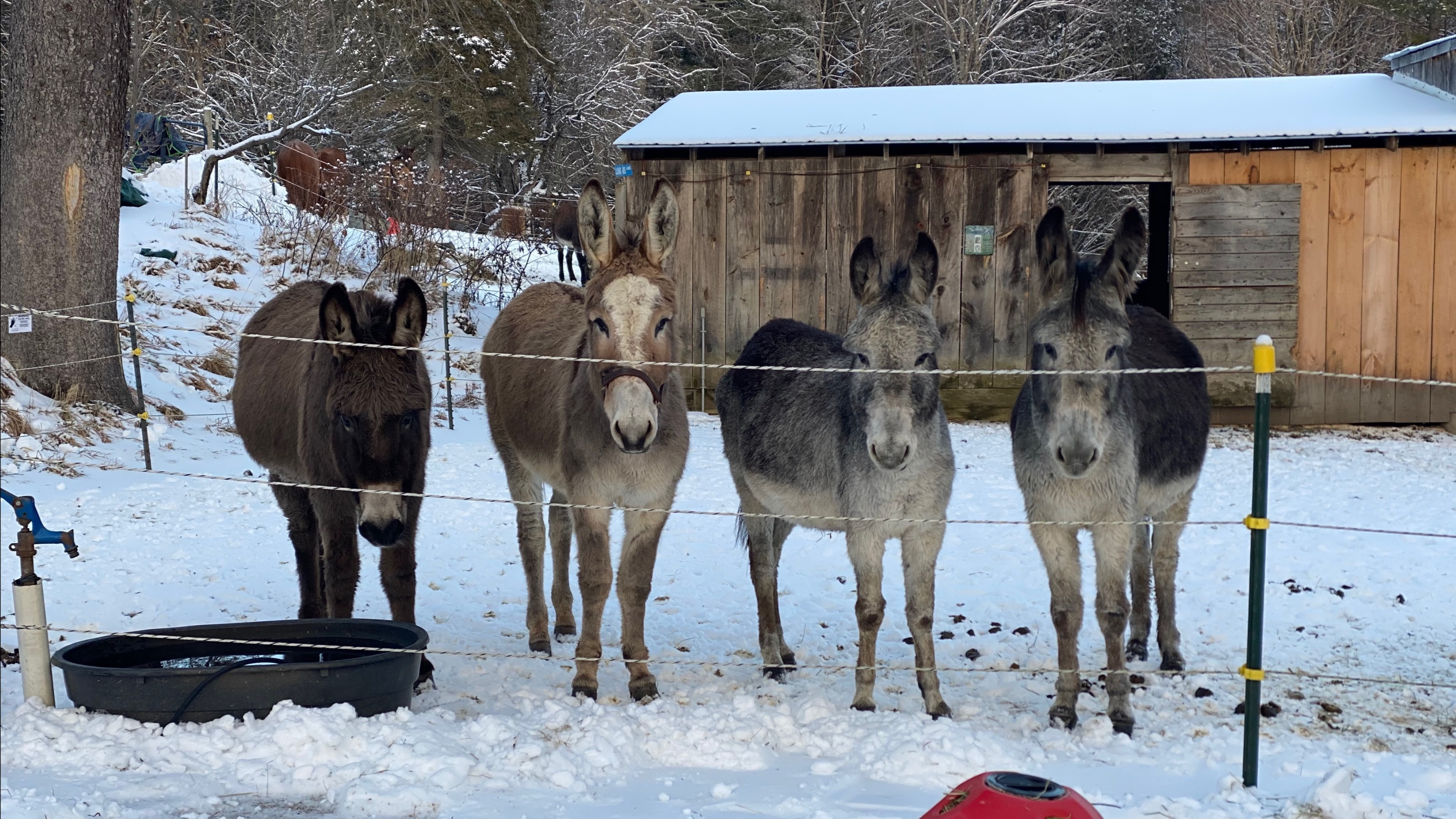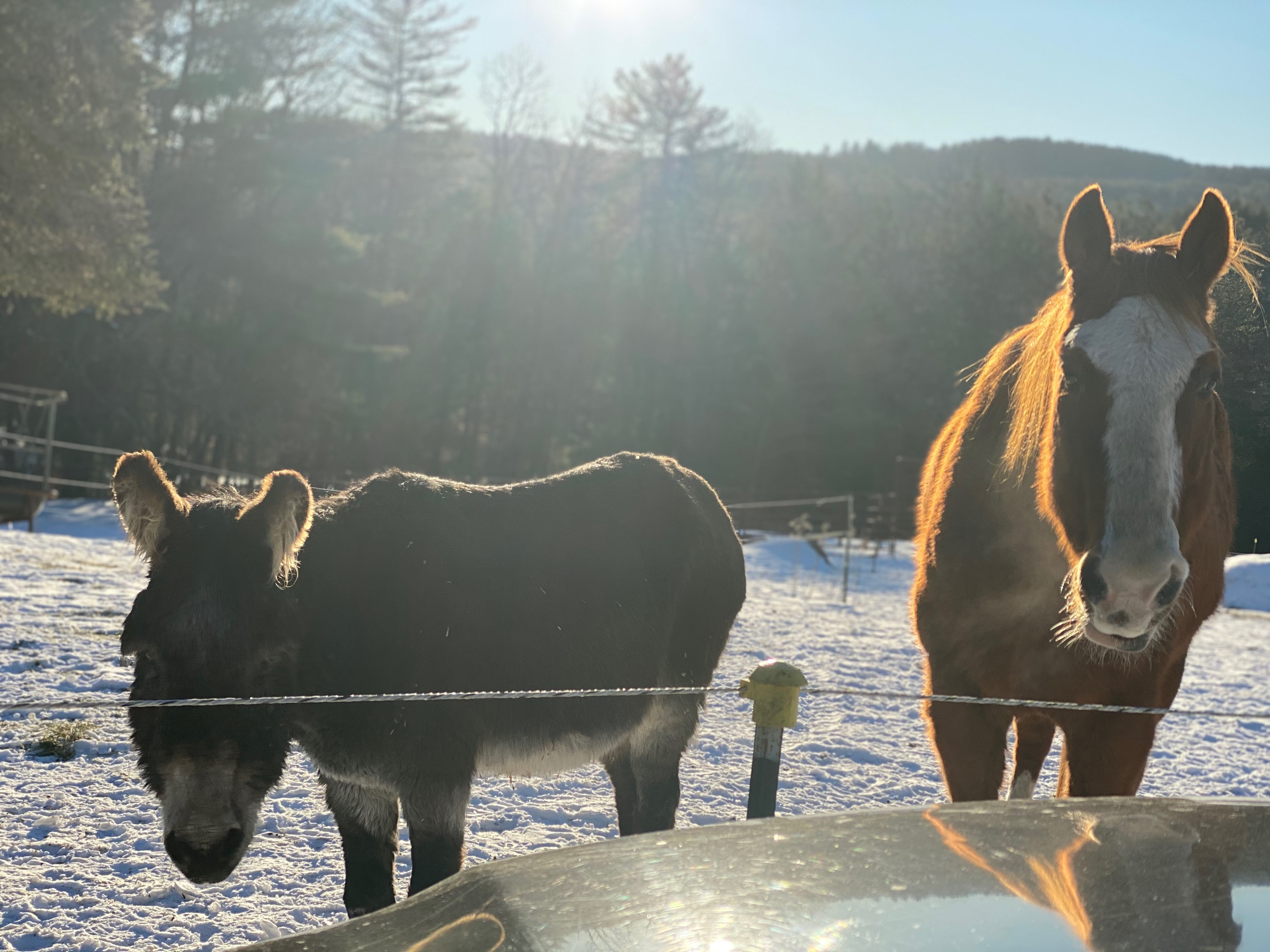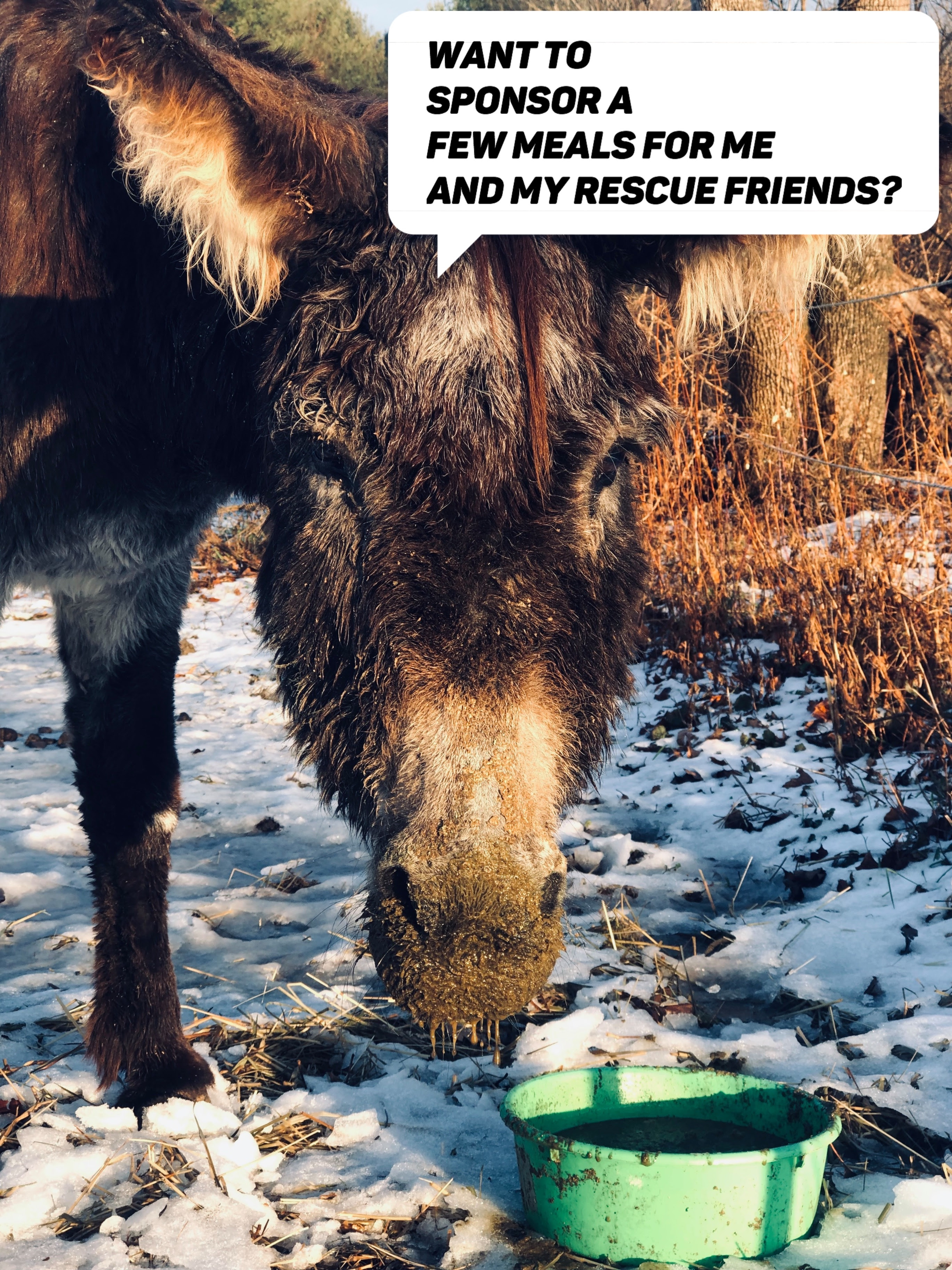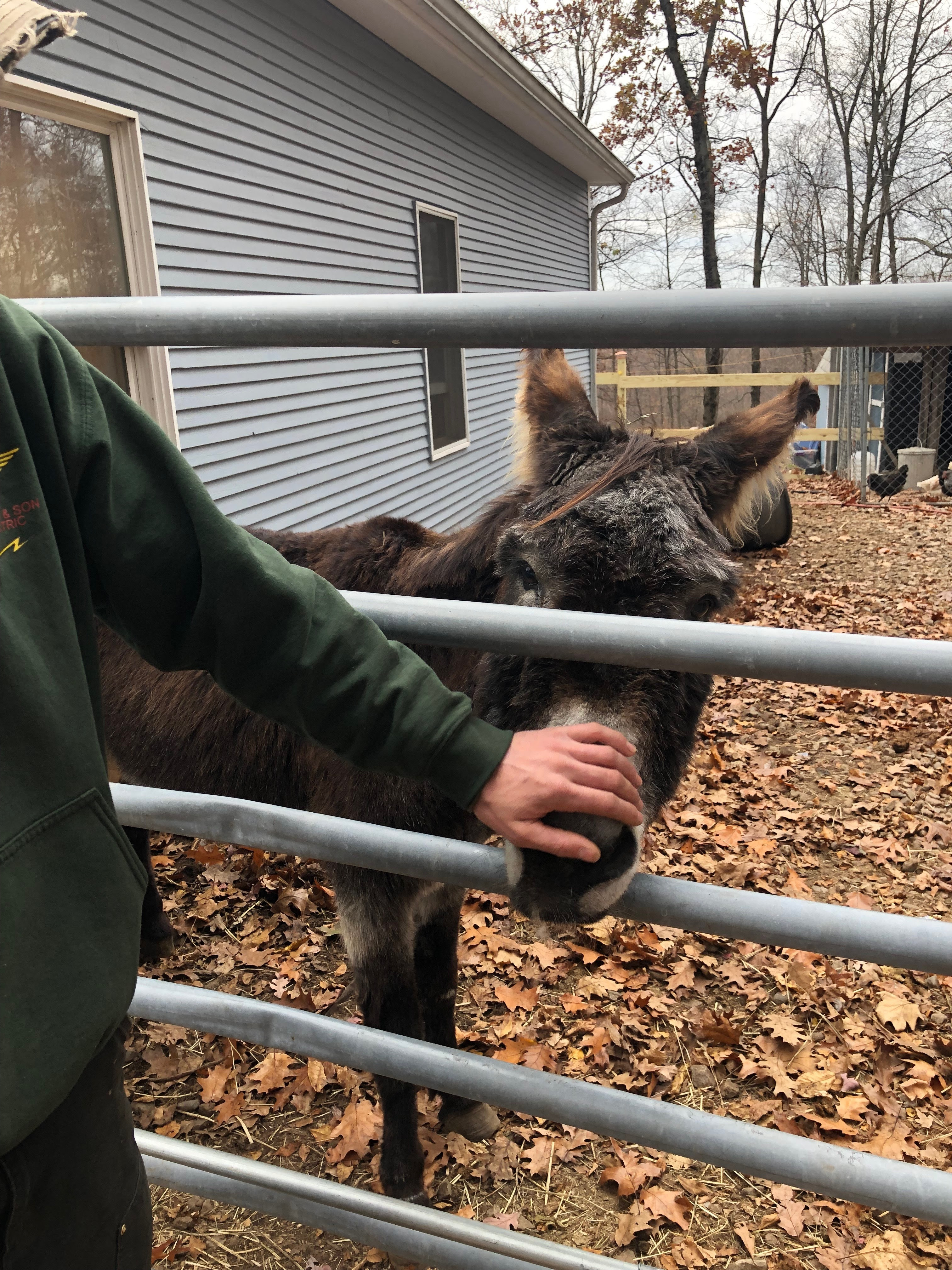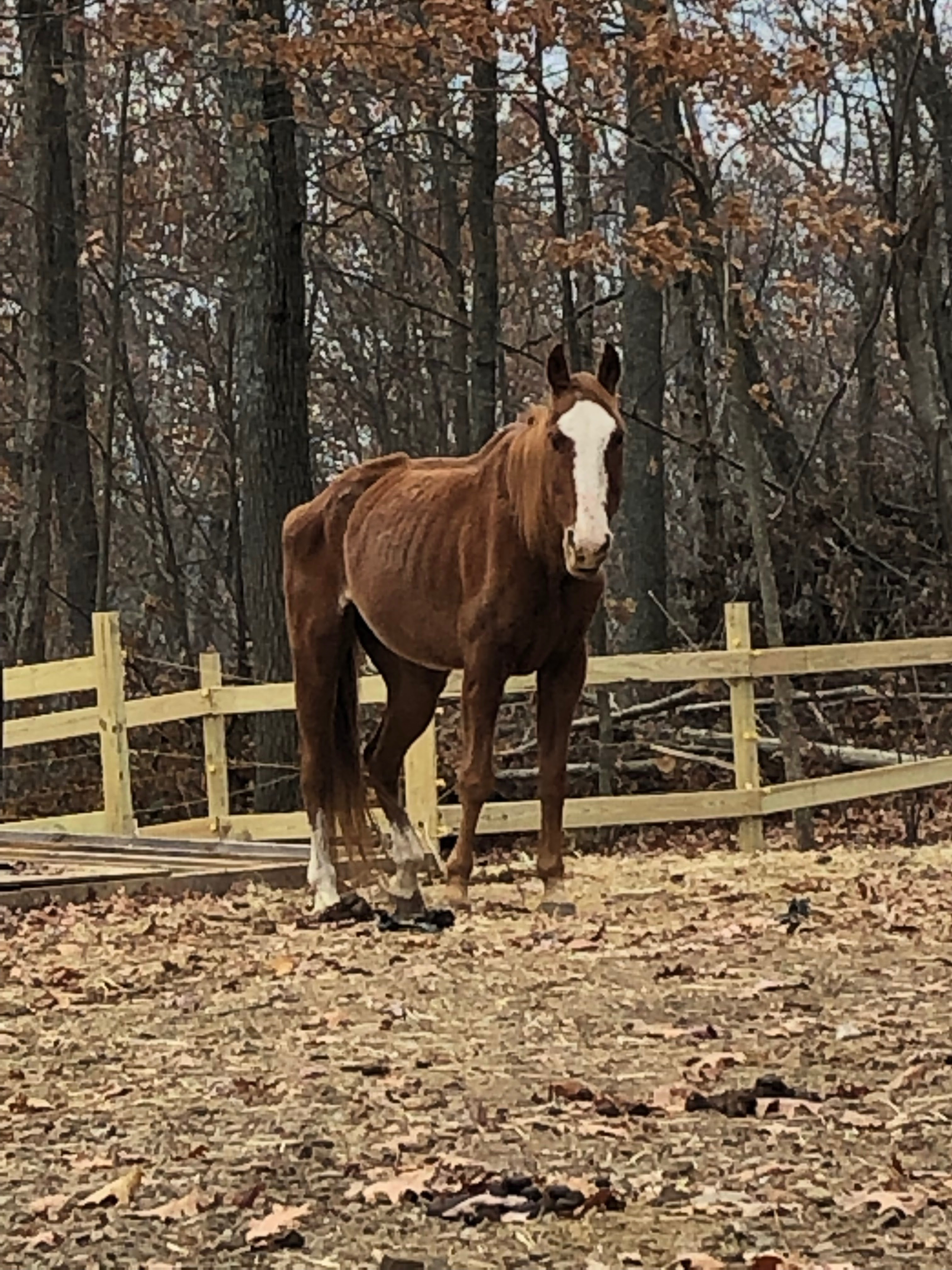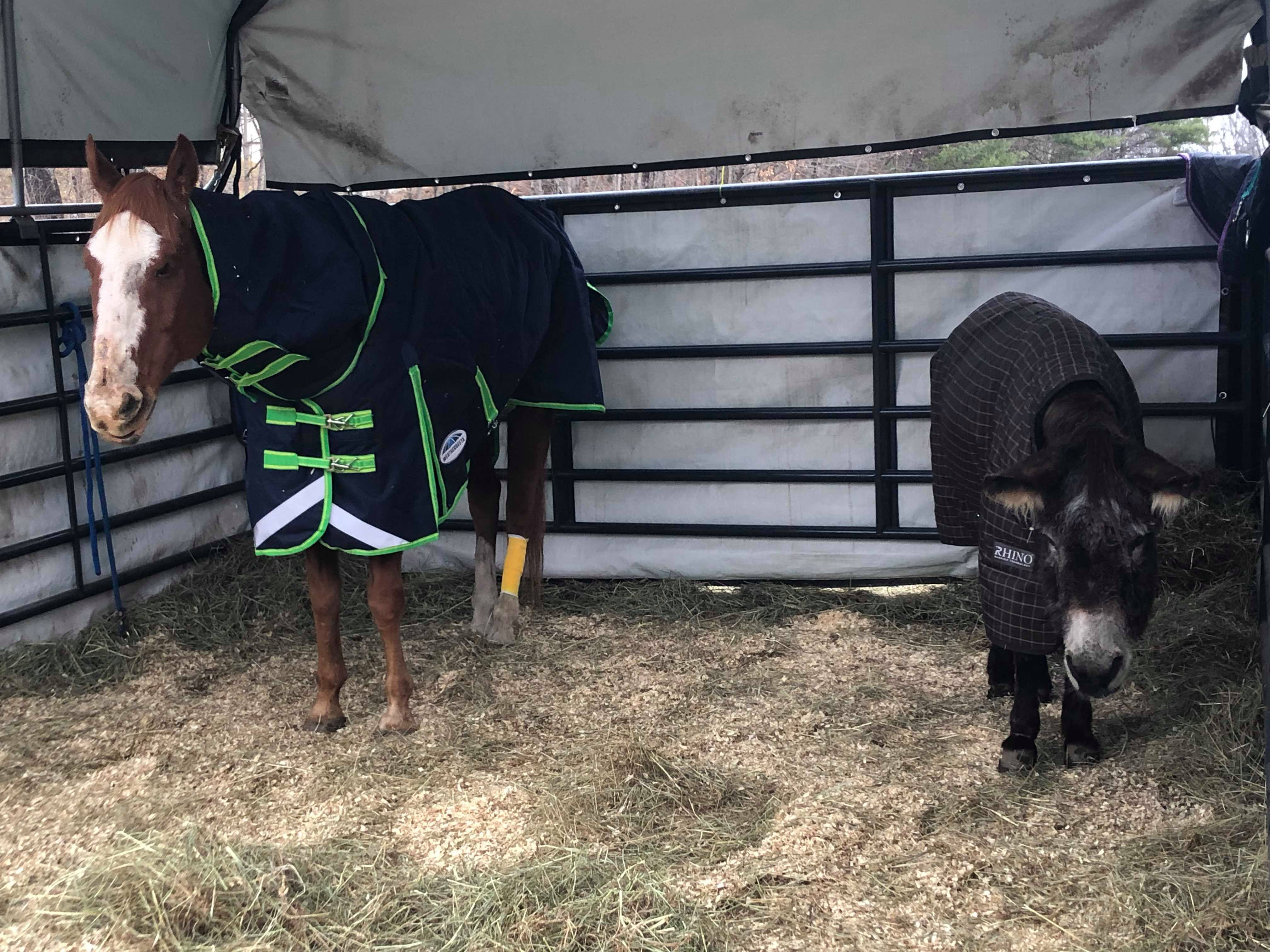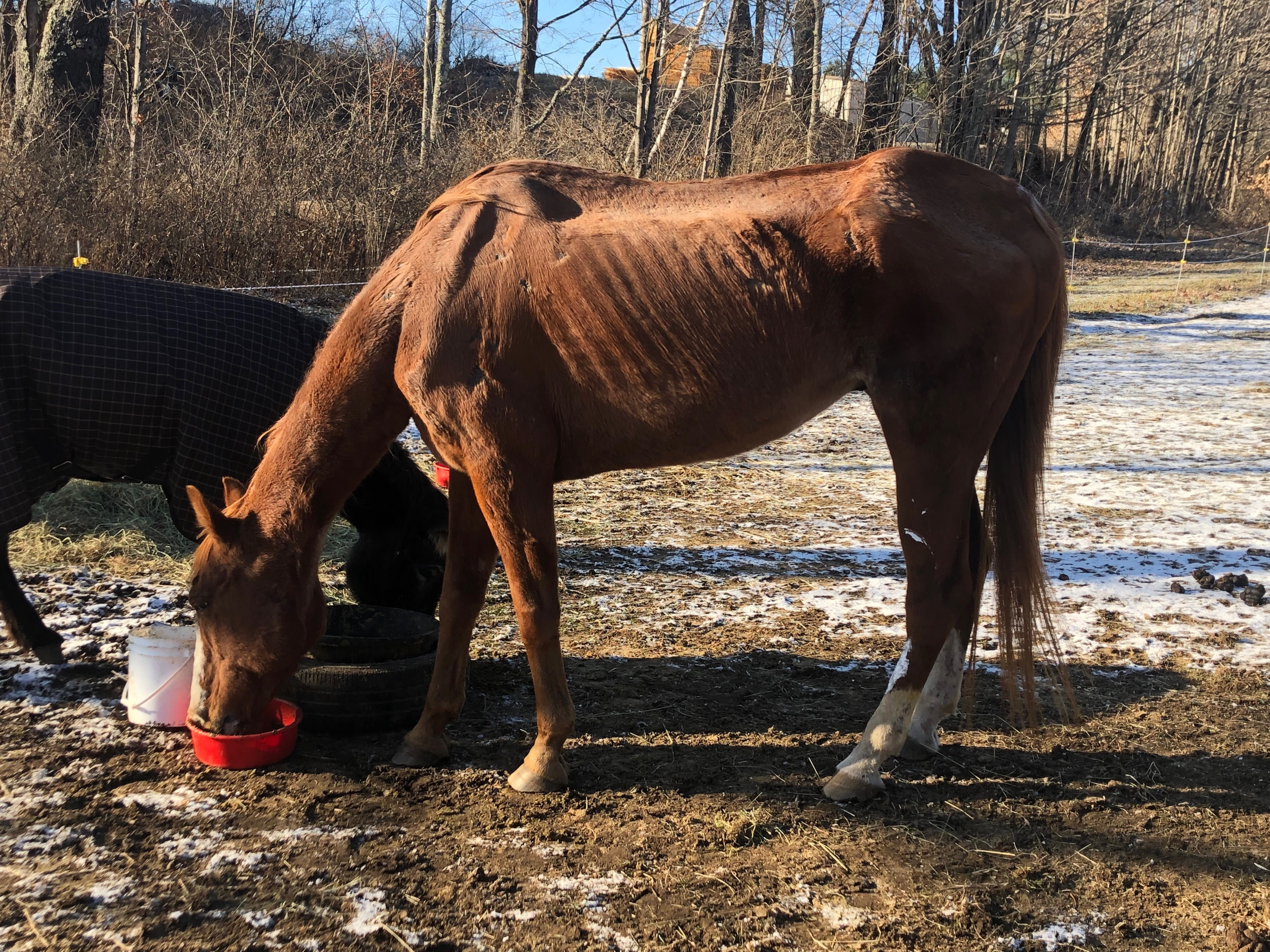Combatting the false narratives around wild horses
The following is from the American Wild Horse Campaign:
Here at the American Wild Horse Campaign, we’re committed to reforming the federal government’s cruel and costly wild horse and burro roundup program and to ensuring wild horses and burros roam the American West for generations to come.
One of the driving factors behind helicopter roundups is that wild horses and burros are often scapegoated for the issues facing the western landscape. The Bureau of Land Management (BLM) and other federal agencies often use these outdated misconceptions about these animals to justify the current roundup, removal and stockpile cycle.
Even worse, industries that support the roundup of wild horses and burros, like ranchers and other commercial interests, push these false narratives in order to free up more of our public lands for extractive purposes.
That’s why combatting the myths that blame wild horses and burros is critical to our work. To that end, we’ve put together a list of answers to frequently asked questions that advocates often get so that you can be ready to push back against false narratives plaguing our wild herds!
- Are wild horses and burros overpopulated?
NO! Wild horses and burros are not overpopulated. In reality, the only animals truly overtaking the West are the privately owned cattle and sheep permitted to overgraze our public lands. Wild horses are present on just 27 million acres of BLM land in the West, while ranchers have access to livestock grazing on over 155 million acres. Not only that, but 88% of the public lands that the BLM manages have no wild horses or burros present. - Are wild horses and burros responsible for overgrazing on public lands?
NO! The main cause of land degradation in the American West is livestock grazing. A recent study by Public Employees for Environmental Responsibility (PEER) found that not only do livestock outnumber wild horses and burros on public lands by more than 125:1, but livestock grazing is the reason why 72% of rangelands did not meet the required Land Health Standards. Further, a congressionally mandated study by the National Academy of Sciences found that, in one year, livestock consumed 70% of grazing resources on public lands, while wild horses and burros consumed less than 5%. - Are wild horses native?
Wild horses are a native re-introduced species. According to research out of the University of California Santa Cruz’s prestigious Paleogenomics Lab, fossil records and genetic results confirm that horses were part of the North American fauna for hundreds of thousands of years prior to their extinction on the continent around eleven thousand years ago. The genetic connection between extinct North American and present-day domestic horses means that the wild horses in the American West share much of their DNA and evolutionary history with their ancestors. - Why do roundups happen?
Roundups are a symptom of the federal government’s failure to humanely manage our nation’s wild horses and burros and its decision to maintain wild populations at low levels in order to allocate most of the resources on their habitat to commercial livestock. - Why do wild horses and burros have to be managed at all?
They live on land that is shared by multiple interests, including livestock grazing and other extractive uses. Often, natural predators like mountain lions are eradicated by hunters and a government program that kills predators for the benefit of ranchers. Under these man-made and artificial conditions, some form of management is necessary. With that being said, the BLM’s roundup and removal approach is not only inhumane, but also completely unsustainable and has brought the program to the brink of fiscal collapse. - Do wild horses and burros end up in the slaughter pipeline?
Yes. While the agency cannot sell wild horses or burros directly to slaughter auctions, countless wild horses and burros are being funneled into the slaughter pipeline thanks to the BLM’s disastrous Adoption Incentive Program (AIP). - Why don’t you sue to stop roundups?
We do! While we would like to be able to go to court to stop every roundup, litigation is far from certain. Many factors need to be considered with each new case we bring. If we rush into litigation without a strong foundation for our case and lose, we could end up setting a negative precedent that harms wild horses and burros for generations to come. That’s why we choose our battles wisely to ensure the best possible outcome for our wild herds. It’s important to note that we evaluate every roundup proposal during the public comment period for litigation, before a helicopter ever takes off. If we are able to sue, we do.
It’s vital that we fight back against the false narratives being pushed by the livestock industry and the federal government. Please forward this email to share these questions and answers with your friends and family so that we can get the truth out about our wild herds and end these myths once and for all!
Thank you,
American Wild Horse Campaign

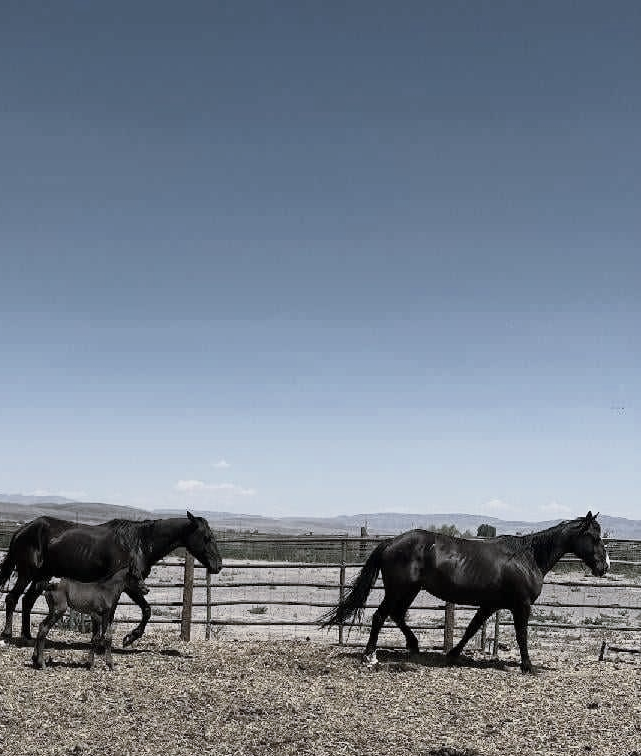
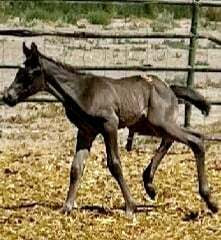
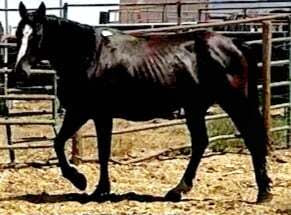 Another Call, Another 911! 4 LIVES TO SAVE!
Another Call, Another 911! 4 LIVES TO SAVE!
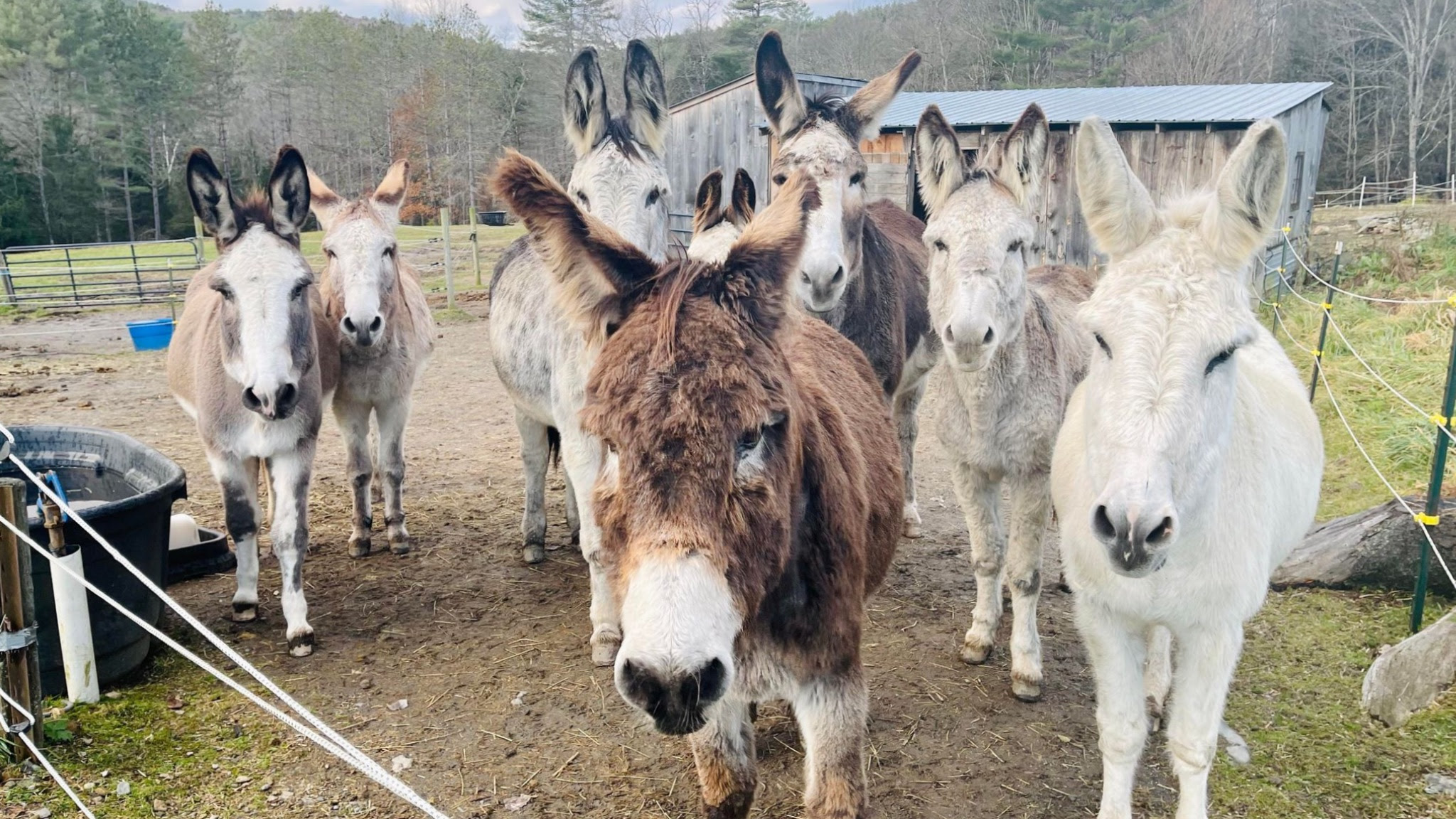
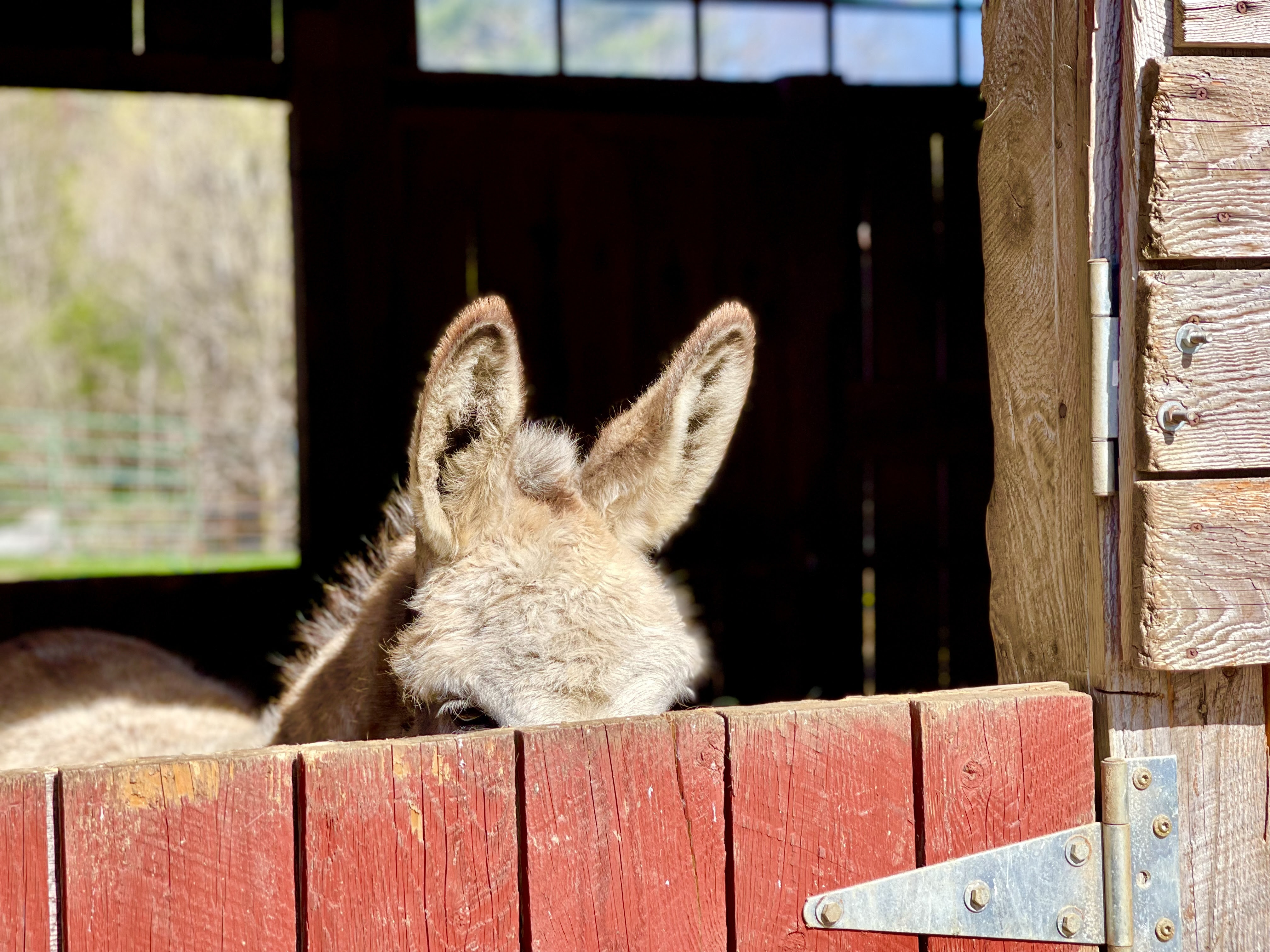
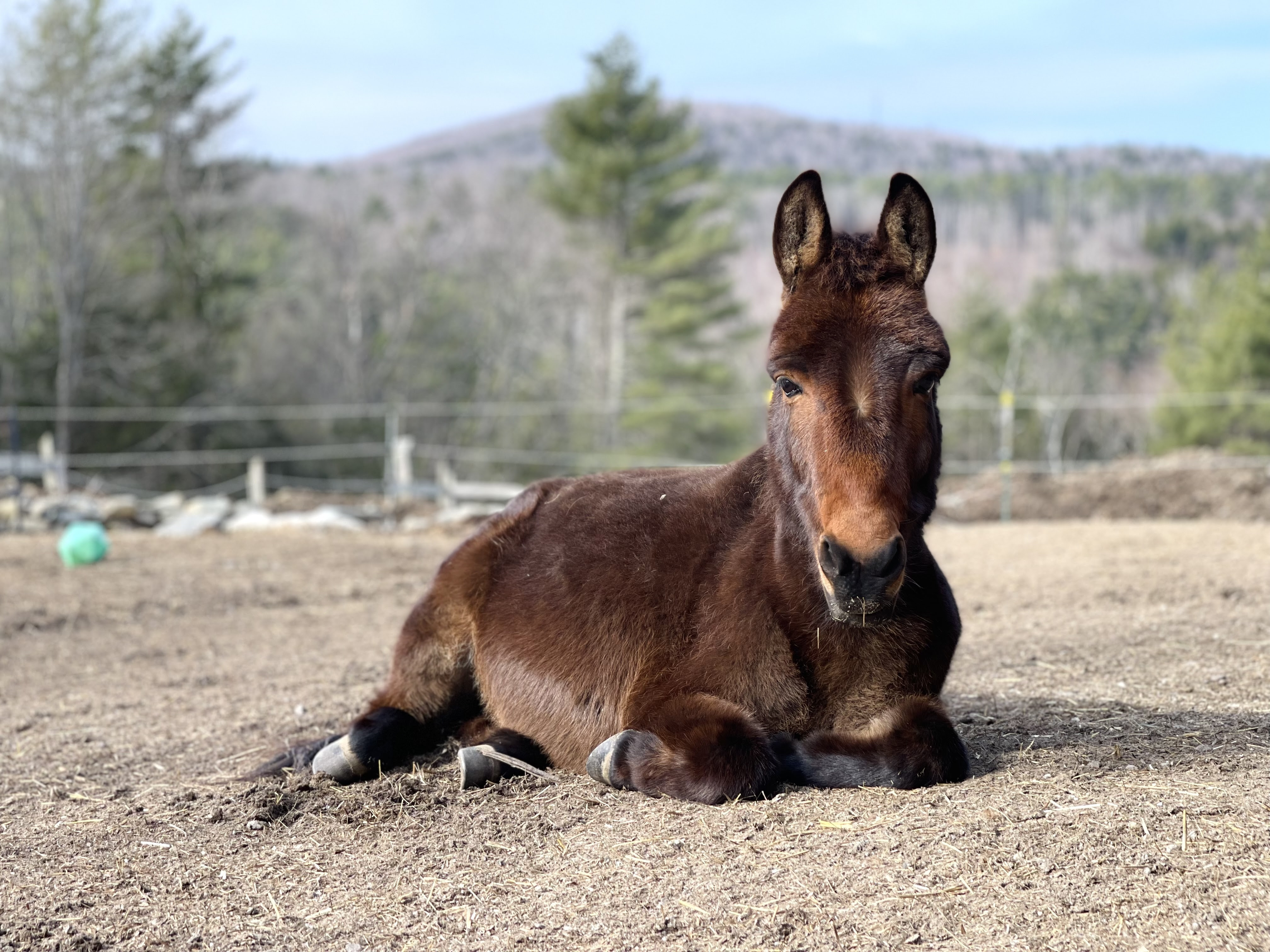

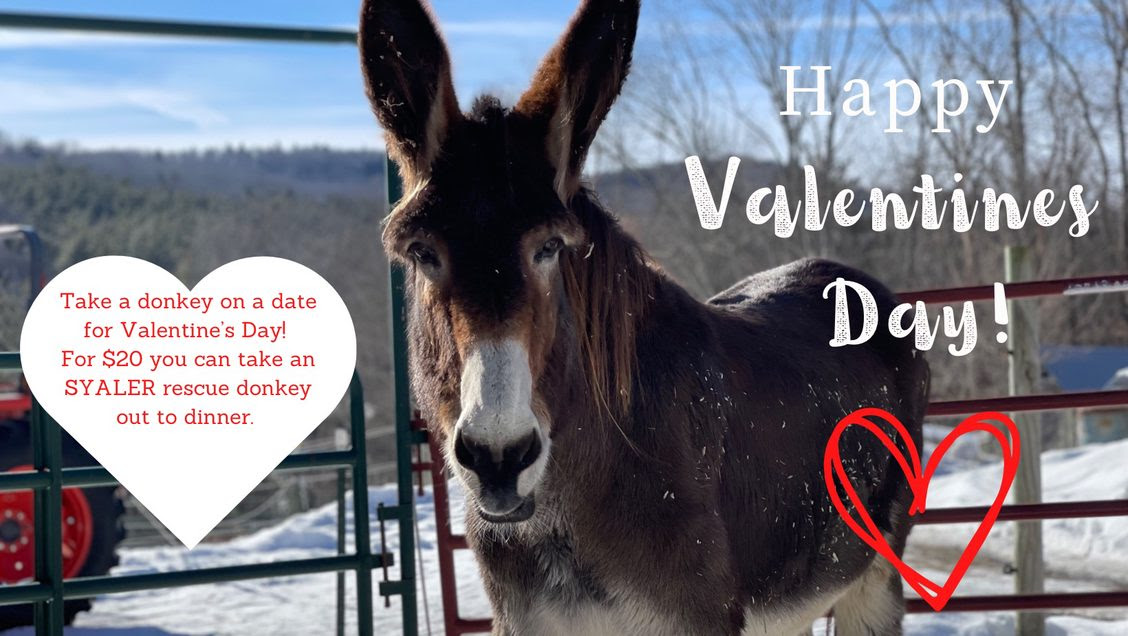



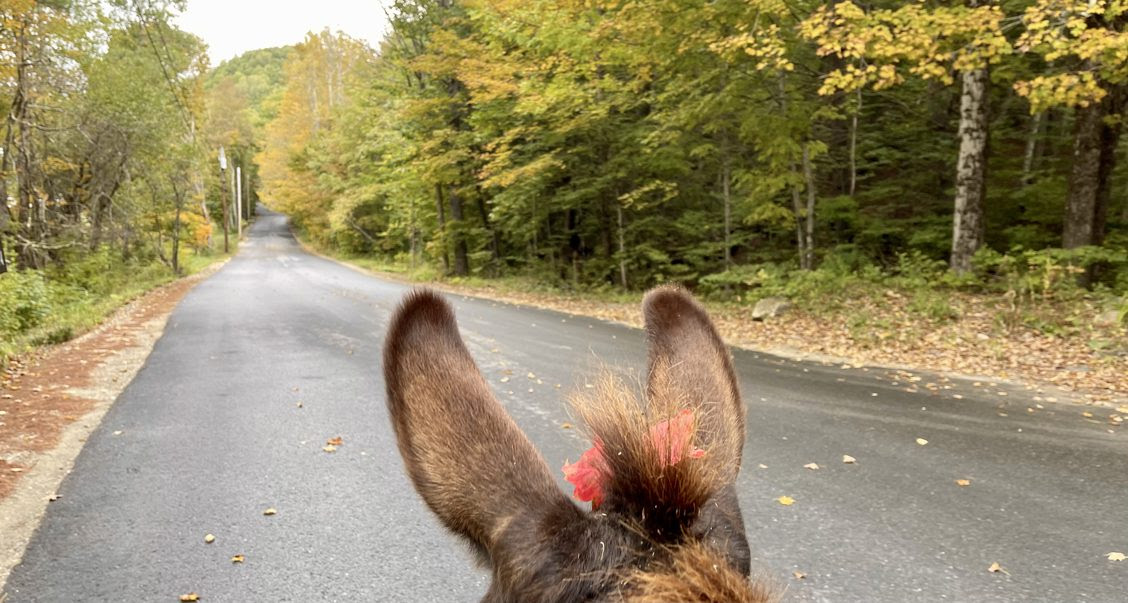




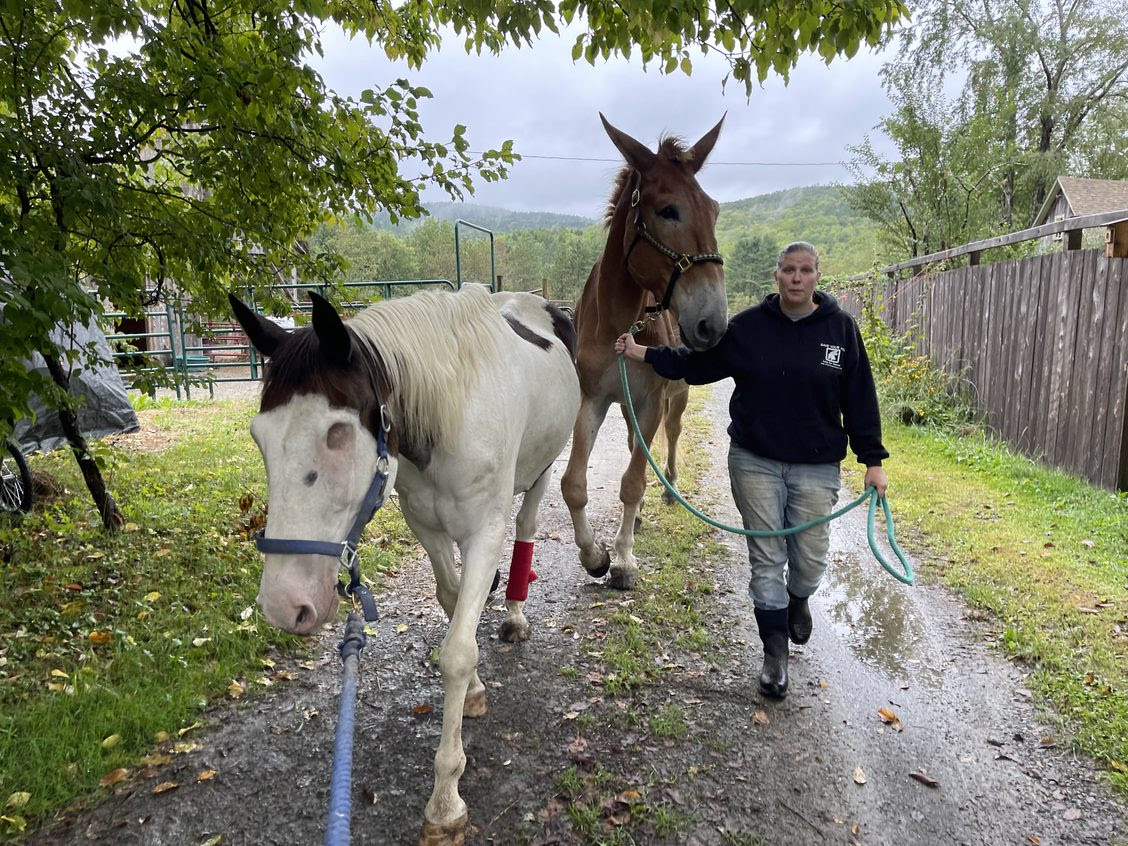


 You can still order merchandise through our merch page, if you have any problems doing so please reach out to the contact info listed above.
You can still order merchandise through our merch page, if you have any problems doing so please reach out to the contact info listed above.

